For decades, Japan's strict onsen etiquette has posed challenges for tattooed travelers seeking to experience the country's revered hot spring culture. Traditional bathhouses have long maintained "no tattoo" policies rooted in historical associations with organized crime. However, a quiet revolution is taking place as more establishments reconsider these outdated restrictions.
The latest update to Japan's tattoo-friendly onsen registry reveals significant growth, particularly in urban areas catering to international visitors. Tokyo leads with 37 approved facilities, while Osaka follows closely with 28. These numbers mark a 40% increase from pre-pandemic levels, reflecting changing attitudes toward body art among younger Japanese patrons and the economic importance of foreign tourism.
Regional variations in acceptance remain pronounced. Hokkaido's resort towns show remarkable openness, with 19 participating onsens, while conservative Kyoto maintains only four registered establishments. Rural onsens continue to resist change more stubbornly, though several in Gunma and Nagano prefectures have joined the list after successful trial periods allowing tattooed guests during off-peak hours.
Industry analysts note the shift stems from multiple factors. "Foreign tourism recovery post-COVID forced many businesses to re-examine outdated policies," explains hot spring researcher Takashi Watanabe. "Simultaneously, we're seeing Japanese millennials with tattoos advocating for change through social media campaigns." The health and wellness tourism boom has further pressured traditional onsens to adapt, as international visitors increasingly seek authentic cultural experiences without compromising personal expression.
Practical considerations for tattooed visitors have improved dramatically. Many listed establishments now provide English-language guidelines on their websites, detailing cover-up options (typically adhesive patches available for purchase) and recommended visiting times. Several chains have implemented discreet reservation systems allowing tattooed guests to book private family baths without drawing attention. Notably, Beppu's famous Kannawa district has introduced a "tattoo passport" program where approved visitors receive discounts at multiple participating baths.
The certification process for "tattoo-friendly" status has become more rigorous, addressing early concerns about vague standards. Establishments must now demonstrate staff training in cultural sensitivity, provide multilingual signage explaining etiquette, and maintain designated hours or areas where tattoos are permitted. This standardization helps prevent uncomfortable encounters while preserving traditional onsen atmospheres for conservative patrons.
Seasonal variations in accessibility have emerged as an unexpected pattern. Coastal onsens in Shizuoka and Wakayama prove more accommodating during summer months when foreign tourist numbers peak, while mountain resorts in Nagano show greater flexibility during winter ski seasons. Urban bathhouses maintain the most consistent policies year-round, with Tokyo's Odaiba area becoming particularly known for its inclusive approach.
Behind the scenes, activist groups continue working to expand acceptance. The Japan Tattoo Tourism Initiative (JTTI) collaborates with bathhouse owners to address concerns about maintaining traditional atmospheres while welcoming diverse guests. Their educational programs highlight how modern tattoo culture differs radically from yakuza associations, emphasizing international norms of body art as personal expression rather than criminal affiliation.
While progress continues, challenges persist. Some traditional onsens face backlash from older clientele when adopting inclusive policies. The JTTI reports occasional cases of establishments quietly removing their "tattoo-friendly" designation after local pressure, though these remain exceptions. More commonly, bathhouses find subtle compromises - allowing small tattoos (under 5cm) while maintaining restrictions on larger pieces, or permitting entry only with verified hotel reservations to screen guests.
The economic argument for inclusion grows stronger annually. Government statistics reveal tattooed visitors spend 23% more on average at onsen destinations, frequently opting for premium services and extended stays. This spending pattern has convinced previously reluctant ryokan owners in Hakone and Atami to reconsider their policies. Notably, several historic onsens in Dogo (inspiration for Studio Ghibli's "Spirited Away") have begun pilot programs after seeing competitors benefit from international exposure on travel platforms.
Looking ahead, industry observers predict the next frontier will be workplace onsens at major corporations. With Japanese companies increasingly employing foreign workers and younger employees sporting discreet tattoos, traditional after-work bathing culture faces inevitable evolution. Early adopters like Rakuten and SoftBank have already modified their corporate onsen policies, setting precedents that may influence broader social acceptance.
For travelers planning visits, experts recommend checking the official registry (updated quarterly) rather than relying on crowd-sourced information, as policies change frequently. The current list includes surprising additions like a 300-year-old samurai-era onsen in Yamagata and several Buddhist temple-affiliated baths in Koyasan, demonstrating how deeply this cultural shift is penetrating Japan's traditional institutions.
As sunrise filters through steam over an ancient Beppu onsen, foreign visitors with elaborate arm tattoos now soak alongside salarymen and grandmothers - a scene unimaginable fifteen years ago. This quiet integration suggests Japan's bathing culture may ultimately achieve what many societal changes do: preserving tradition not through exclusion, but by expanding its definition of belonging.

By William Miller/Apr 11, 2025
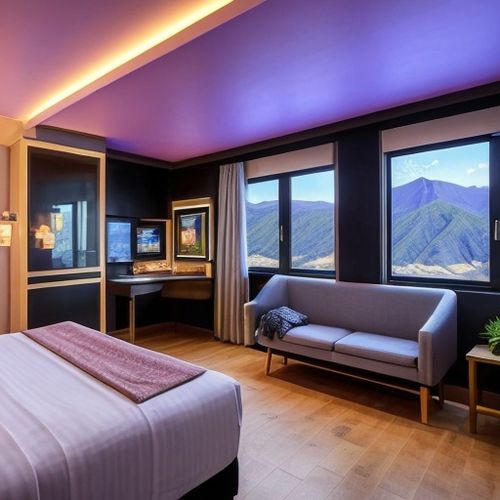
By Lily Simpson/Apr 11, 2025

By Thomas Roberts/Apr 11, 2025

By John Smith/Apr 11, 2025
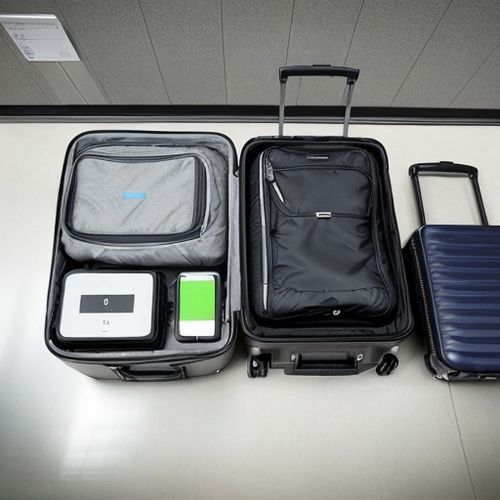
By Thomas Roberts/Apr 11, 2025
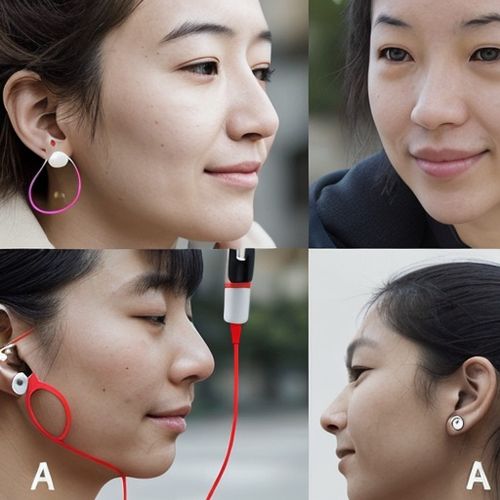
By John Smith/Apr 11, 2025
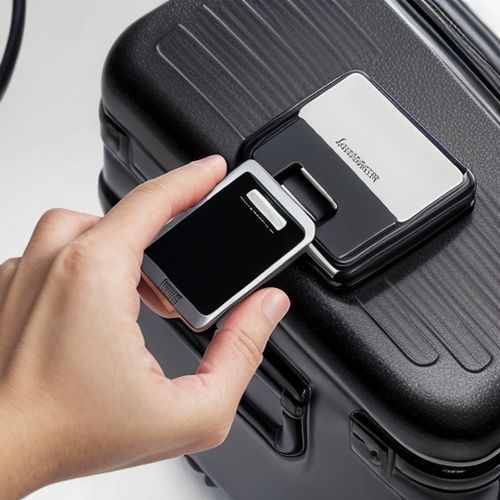
By Rebecca Stewart/Apr 11, 2025
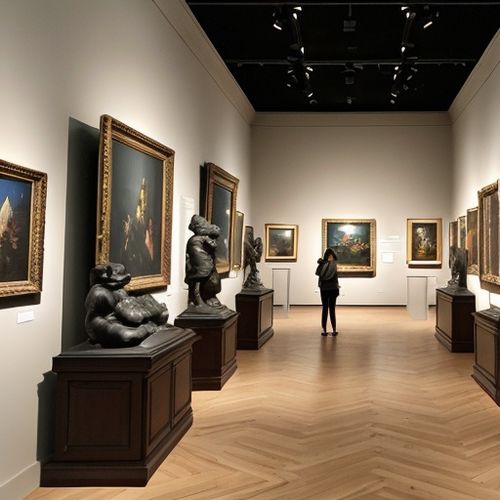
By Sophia Lewis/Apr 11, 2025

By Sophia Lewis/Apr 11, 2025
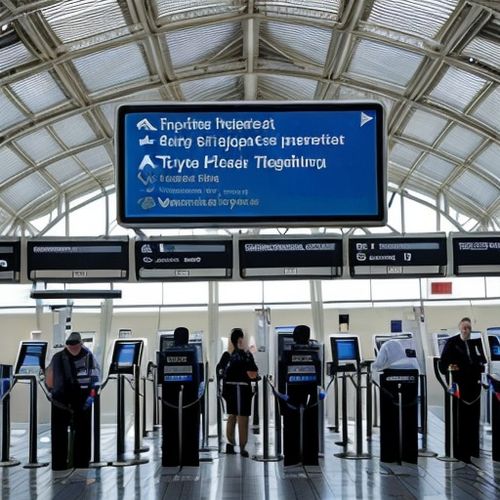
By Lily Simpson/Apr 11, 2025

By Sophia Lewis/Apr 11, 2025

By William Miller/Apr 11, 2025

By Ryan Martin/Apr 11, 2025
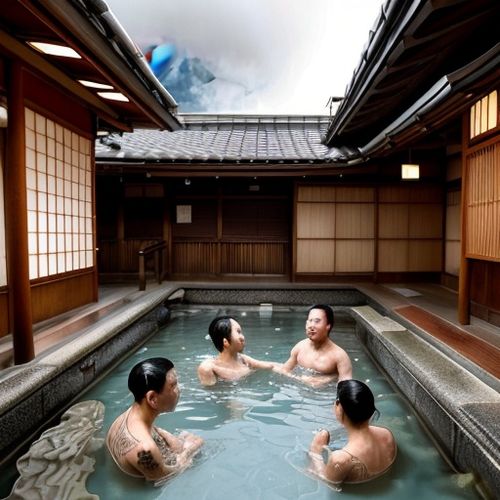
By David Anderson/Apr 11, 2025

By Ryan Martin/Apr 11, 2025

By Laura Wilson/Apr 11, 2025

By Eric Ward/Apr 11, 2025
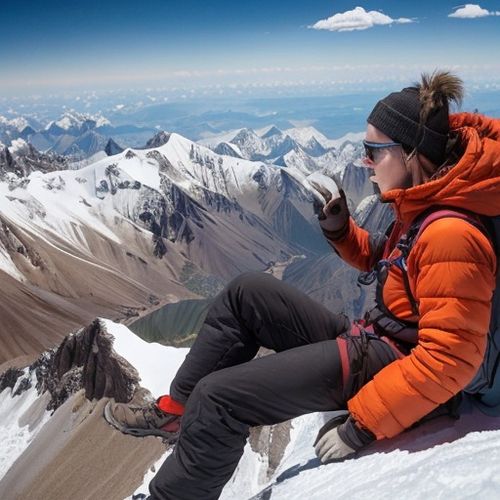
By Ryan Martin/Apr 11, 2025